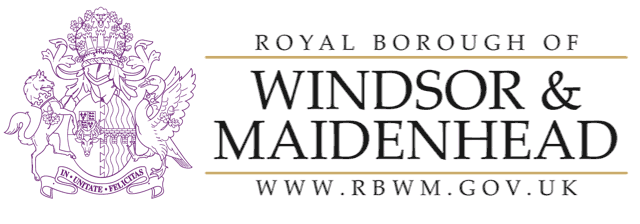Community Infrastructure Levy (CIL) may be payable for developments which involve the creation of new dwellings. It may also be payable for developments with an internal floor area of 100 square metres or more. The council's CIL includes charges for residential and retail warehousing developments only.
Examples of development that might be liable for CIL in the following situations:
- Any new dwellings, regardless of the gross internal floor area.
- New building (including extensions) where the gross new build floor area comes to more than 100 square metres.
- A change of use from non-residential to residential use, where the building in question has not been occupied in its lawful use for a continuous period of six months in the previous three years. Development carried out under Permitted Development ("General Consent") may still be liable for CIL if it meets any of the above criteria.
Who is Exempt?
Relief for Exceptional Circumstances Regulation 55
The council does not intend to introduce a policy for CIL relief under exceptional circumstances at the time of commencing CIL charging. The council does have the power to introduce such a policy if it is considered appropriate.
Self Build Exemption Claim Form 1
This form is used to make a claim for self building exemption when you are constructing a new dwelling and it is to be your primary residence on completion for at least three years. This exemption must be applied for prior to commencing on site and you must assume liability for paying CIL.
Self Build Exemption Claim Form 2
This form should be used when self build exemption has been granted for a new dwelling. It should be submitted within six months of completion accompanied by the supporting evidence set out in the form.
Discretionary Social Housing Relief Regulation 49A
RBWM hereby gives notice that discretionary social housing relief in line with Regulation 49A of the Community Infrastructure Levy Regulations 2010 (as amended) is available from the RBWM Community Infrastructure Levy.
Relief may be applied for qualifying dwellings that meet all the following criteria:
- The dwelling is sold for no more than 80% of its market value (where the market value at any time is the price which the dwelling might reasonably be expected to fetch if sold at that time on the open market).
- The liability to pay CIL in relation to the dwelling remains with the person granted discretionary social housing relief.
- Only discounted housing that is accepted in an associated Section 106.
- Agreement as affordable housing will be eligible as a qualifying dwelling for relief from CIL.
Note: Any claims for social housing relief must be made prior to development commencing.
Self Build Residential annex exemption claim Form
This form should be used to claim for self-build exemption when the work being carried out is the creation of a residential annex, to be used as ancillary accommodation to the main dwelling.
Self Residential extension exemption claim Form
This form should be used to claim for self-build exemption when the work being carried out is a domestic extension which has a gross internal floor area of more than 100 square metres.
Discretionary charitable relief – Regulation 44 and 45
Notes:
Regulation 43 states that an owner (C) of a material interest in the relevant land is exempt from liability to pay CIL in respect of a chargeable development if:
C is a charitable institution; and the chargeable development will be used wholly or mainly for charitable purposes
But the relief does not apply if it would constitute a state aid.
Four criteria must be satisfied for aid to constitute state aid:
- It is granted by the state or through state resources.
- It favours certain undertakings or production of certain goods. In other it provides a selective aid to certain entities engaged in an economic activity (an “undertaking”). Economic activity is the putting of goods or services on a given market.
- It distorts or threatens to distort competition.
- It affects trade between Member States. This includes potential effects.
Discretionary charitable relief can only be given where relief would not need to be notified to, and approved by the European Commission. State aid in these situations is not notifiable because it uses the de minimis block exemption.
De minimis funding is exempt from notification requirements because the European Commission considers that such a small amount of aid will have a negligible impact on trade and competition.
The current de minimis threshold is set at €200,000 over a rolling three year fiscal year period. The threshold applies cumulatively to all public assistance received from all sources and not to individual schemes or projects.
This means that the council cannot offer relief from CIL of over €200,000 to any charitable institution whose activities would constitute a State aid.
